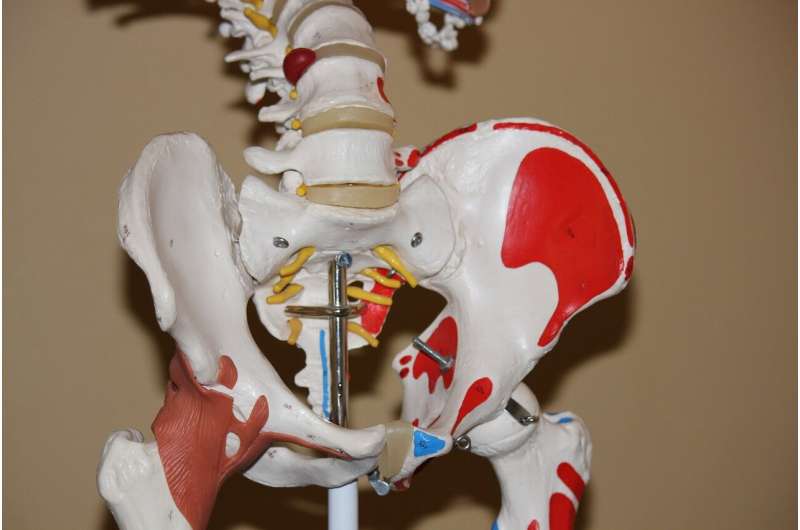
Neuromuscular hip dysplasia and progressive spastic hip displacement are among the most common orthopedic concerns in non-ambulatory children with cerebral palsy (CP), leading to pain, decreased function, and impaired quality of life. While hip reconstruction surgery can improve quality of life in these children, it can be associated with acute post-operative pain, medical complications, and prolonged hospitalization.
Two recent papers from Boston Children’s Hospital shed more light on challenges surrounding hip reconstruction in complex CP patients. “These studies highlight the importance of perioperative medical optimization and communication among medical providers prior to hip reconstruction surgery for children with cerebral palsy,” says Benjamin Shore, MD, MPH, co-director of Boston Children’s Cerebral Palsy and Spasticity Center and an author on both studies.
Exploring the effect of comorbidities on recovery
These two papers explore the role of medical comorbidities and how that relates to recovery after hip reconstruction surgery. The first, published in November 9, 2020, in Developmental Medicine & Child Neurology, assesses the effects of co-occurring medical conditions in children with neurological complex chronic conditions (CCCs), including CP, who undergo hip reconstructions. Jay Berry, MD, MPH; Shore; and their colleagues reviewed data from more than 4,000 children with neurological CCCs who underwent hip reconstruction surgery at 49 pediatric hospitals between 2015 and 2018.
They found that as the number of comorbidities increased from one to at least four, the patients’ length of hospital stay increased by 67 percent, hospital costs increased by 41 percent, and readmission rates increased by 250 percent. Malnutrition was the greatest comorbidity associated with hospital resource use—one that is preventable.
Room for medical optimization
In a follow-up study, Shore and colleagues evaluated the relationship between preoperative comorbidities, surgical complications, and length of hospital stay after hip reconstruction in non-ambulatory children with CP at Boston Children’s. Here, the authors reviewed 127 medical records from children undergoing hip reconstruction surgery between 2009 and 2016. Their analysis revealed that for every additional comorbid risk factor—such as presence of a gastrostomy tube or a history of seizures—the odds of developing a major medical complication postoperatively increased by 2.6 times. The study was published in the November/December 2020 issue of the Journal of Pediatric Orthopedics.
Source: Read Full Article
